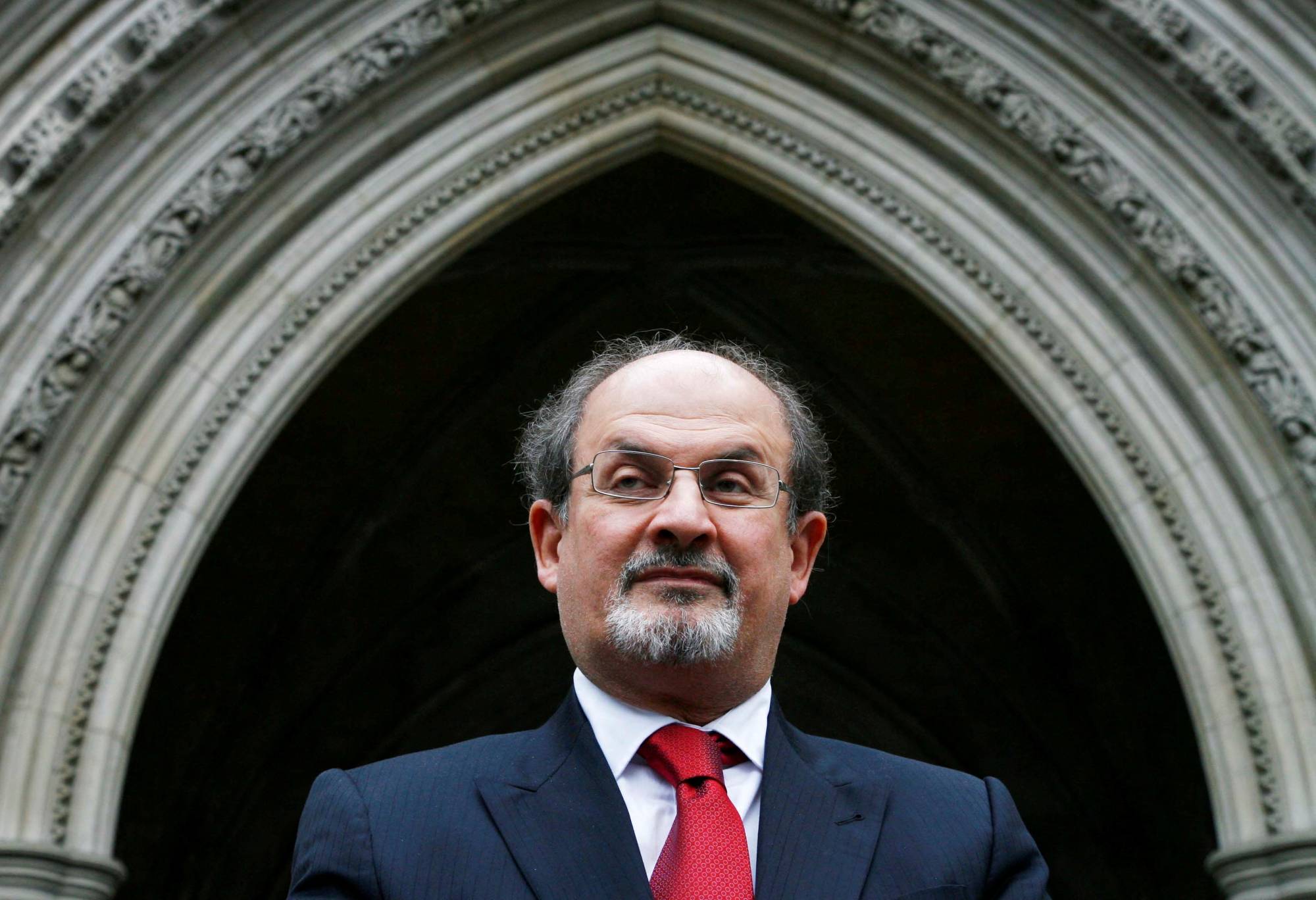As an Indian, I claim Salman Rushdie as one of our own.
He is, more than anything else, an Indian author whose writing is shaped by his heritage as a Muslim from the subcontinent, as well as a child of what was once secular, cosmopolitan Bombay (now known as Mumbai). In a piece of dreadful irony, last week’s brutal knife attack on Rushdie came just days before the 75th anniversary of the partition of India and Pakistan — the bloody event at the heart of the novel that first made his name, "Midnight’s Children.”
The passions, problems and politics of the subcontinent provide the correct context for the controversy over Rushdie’s most notorious book, "The Satanic Verses,” which appears to have motivated the attacker. Remember that while Iran’s Ayatollah Ruhollah Khomeini issued the famous 1989 fatwa declaring Rushdie a blasphemer, it was the government of India, then led by the nominally secular Congress Party, that first banned the novel.



